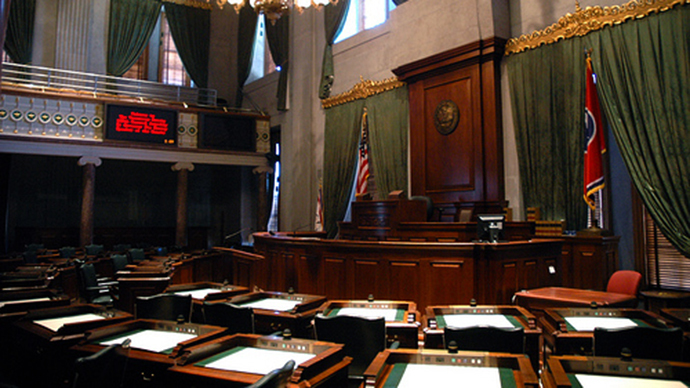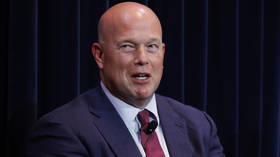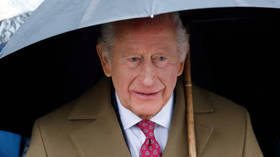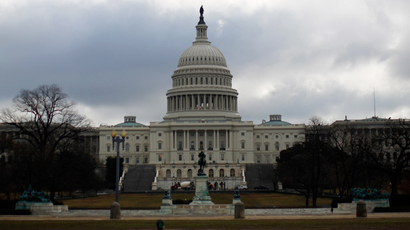Tennessee Republicans nix mass transit with help from Koch brothers

The political group funded by Charles and David Koch, the billionaire conservatives behind a number of polarizing causes, has dedicated a sizable effort to passing a bill that could enact a sweeping ban on mass transit in the state of Tennessee.
The Tennessee state Senate overwhelmingly passed a bill Thursday that prohibits a wide number of projects, perhaps the most notable being the construction of the Amp. By using high-speed bus transit, the Amp was slated to connect highly populated areas of East Nashville with western areas of the city. The plan was popular with business owners and much of the public, yet critics asserted that it would cause traffic and congestion in busy areas of the city, according to the Tennessean.
The Senate bill, however, would block the project because it prohibits any mass transit project that picks up and drops off commuters in the center traffic lane, which the Amp would have done. More specifically, it bans the Nashville Metropolitan Transit Authority (MTA) and city governments from “constructing, maintaining, or operating any rapid bus transit system using a separate lane, or other separate right-of-way, dedicated solely to the use of such bus rapid transit system on any state highway.”
The Tennessee House is considering similar legislation, with the two bodies expected to agree on a bill they can send to the governor’s desk soon.
Along with the possible center lane confusion, Sen. Jim Tracy, the Republican sponsor of the Senate bill, said he was concerned that Nashville would have trouble re-designating city streets to make room for bus lanes.
Whether that was Tracy’s true motivation, though, has come into question after the Tennessean and other media outlets reported that the Tennessee arm of Americans For Prosperity (AFP), one of dozens of branches of the Koch’s libertarian political group, has dedicated resources to supporting the effort to halt mass transit. Shortly after the Senate bill passed, opponents of the Amp issued a statement thanking AFP for its “tireless support in helping pass this legislation.”
Holly McCall, the spokesperson for Nashville MTA’s Amp project, told Think Progress that she had suspected AFP’s involvement in the process from the beginning, only to have it confirmed by a thank-you note issued last week.
“It’s pretty tough to find that kind of money – AFP gets funds from the Koch brothers, and they’re billionaires,” she said. “We continue to work our local campaign, and we’re probably going to make some tweaks to the design – we’re interested in compromise, because if we don’t, our entire future transit plan is going to be dictated by people who live out of state.”
Making the issue more difficult is the MTA’s expectation that the Nashville population will increase by almost one million people in the coming decades, which does not account for the expected population swell anticipated in other regions throughout the center of the state.
McCall said the Amp would have been “hugely transformational” and that holding off on such a project is “really going to start to hinder our economic development and growth.”
The Nashville MTA explained on its website that the Amp would have allowed Nashville to remain an attractive destination among other cities with similar mass transit options.
“In Cleveland, a city that is otherwise experiencing economic challenges, the Healthline helped generate an estimated $4 to $5 billion worth of investment,” the agency explained. “And in Eugene, Oregon, $100 million worth of construction projects are underway near the Franklin EmX line.”














